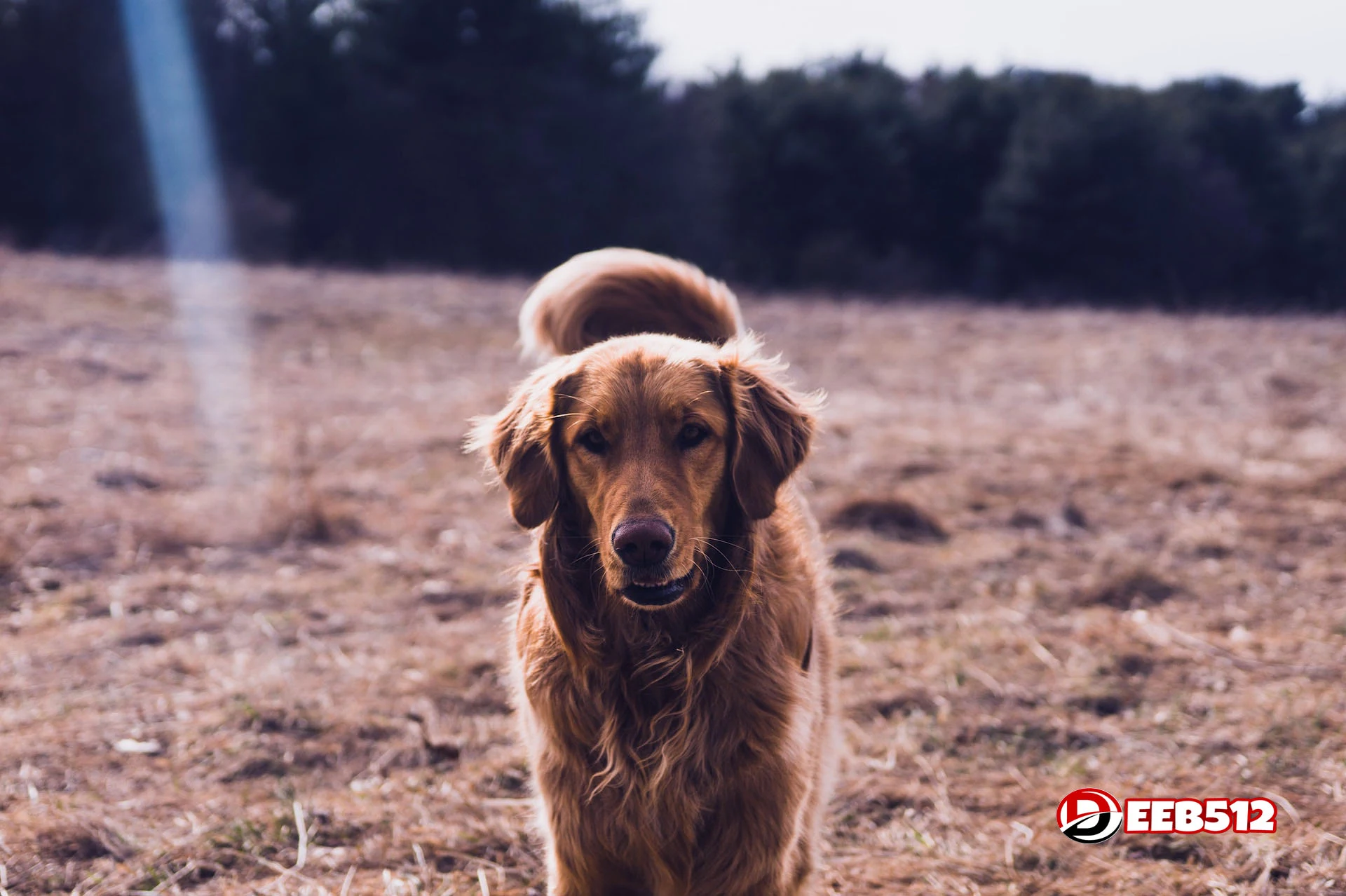
When it comes to our furry friends, dogs, we often wonder about their peculiar habits and behaviors. One such behavior that might catch your attention is their inclination to consume boogers. But the question arises, can dogs safely eat boogers? Let's delve into this topic to gain a better understanding of whether it's harmless or potentially harmful for our beloved canines.
Introduction
Can Dogs Safely Eat Boogers? This question has intrigued pet owners for a long time. Dogs are naturally curious creatures, and their noses often lead them to fascinating and sometimes unappetizing discoveries. Boogers, or nasal mucus, are a common occurrence in both humans and dogs. While humans tend to dispose of them, dogs occasionally exhibit an odd behavior of eating boogers they find, whether their own or those of others. But what drives dogs to indulge in this peculiar habit, and more importantly, is it safe for them?
Why Do Dogs Eat Boogers?
Dogs eating boogers can be attributed to various reasons:
Dietary Instincts
Dogs have an innate instinct to scavenge and explore their environment using their senses, especially their sense of smell. Boogers might pique their interest due to the scent or texture, leading them to consume them out of curiosity or instinct.
Boredom or Attention-Seeking
Just like humans, dogs can engage in peculiar behaviors when they're bored or seeking attention. Eating boogers might be their way of getting a reaction from their owners or alleviating boredom.
Medical Conditions
In some cases, excessive booger consumption by dogs could be an indication of underlying medical conditions such as allergies, sinus problems, or nasal congestion. If you notice your dog excessively eating boogers or showing other signs of discomfort, it's advisable to consult a veterinarian.
Is It Safe for Dogs to Eat Boogers?
Generally, eating boogers is considered safe for dogs and does not pose significant health risks. The nasal mucus is primarily composed of water, proteins, antibodies, and other substances that help trap and remove bacteria and foreign particles from the respiratory system. However, it's important to note that moderation is key, and excessive consumption of boogers might lead to potential risks, as discussed in the following section.
Possible Risks of Dogs Eating Boogers
While occasional booger consumption might not cause harm to dogs, there are a few risks associated with excessive or prolonged ingestion:
Gastrointestinal Upset
Ingesting large amounts of boogers can upset a dog's stomach and potentially lead to vomiting or diarrhea. If you observe any digestive issues in your dog after consuming boogers, it's recommended to monitor their behavior and consult a veterinarian if the symptoms persist or worsen.
Transmission of Harmful Bacteria
Although nasal mucus helps trap bacteria and pathogens, it's still possible for harmful microorganisms to be present. If a dog consumes boogers containing infectious bacteria, there is a slight risk of infection or illness. However, the chances of this occurring are relatively low.
How to Prevent Dogs from Eating Boogers
If you're concerned about your dog's booger-eating habit, here are a few preventive measures:
Provide a Balanced Diet
Ensuring your dog receives a nutritionally balanced diet can help curb its inclination to scavenge or eat non-food items. A well-balanced diet provides the necessary nutrients, reducing the chances of your dog seeking alternative sources.
Keep the Environment Clean
Regularly clean your dog's living area, toys, and food bowls to maintain a hygienic environment. This minimizes the likelihood of your dog encountering boogers or other unappealing substances.
Redirect Their Attention
If you notice your dog showing interest in boogers, redirect their attention with a toy or engage them in an activity to distract them from the behavior.
Common Concerns
Can Eating Boogers Indicate a Nutritional Deficiency in Dogs?
No, occasional booger consumption is unlikely to be a sign of nutritional deficiency in dogs. However, if your dog exhibits unusual eating behaviors or shows signs of poor health, it's advisable to consult a veterinarian for a comprehensive assessment.
Should I Be Worried if My Dog Eats Another Dog's Boogers?
In general, the occasional consumption of another dog's boogers is not a cause for significant concern. However, it's important to ensure that the other dog is healthy and up to date on vaccinations to minimize any potential risks.
Conclusion
In conclusion, Can Dogs Safely Eat Boogers? Yes, dogs can safely consume boogers, and it is generally considered harmless. Booger-eating behavior can stem from various factors such as dietary instincts, boredom, or medical conditions. While occasional consumption poses minimal risks, excessive ingestion can lead to gastrointestinal upset or potential transmission of harmful bacteria.
To prevent excessive booger consumption, ensure your dog receives a balanced diet, maintain a clean environment, and redirect their attention when necessary. As responsible pet owners, it's crucial to monitor your dog's overall health and consult a veterinarian if you have any concerns about their eating habits or well-being. Remember, a happy and healthy dog is a joy to have around!
